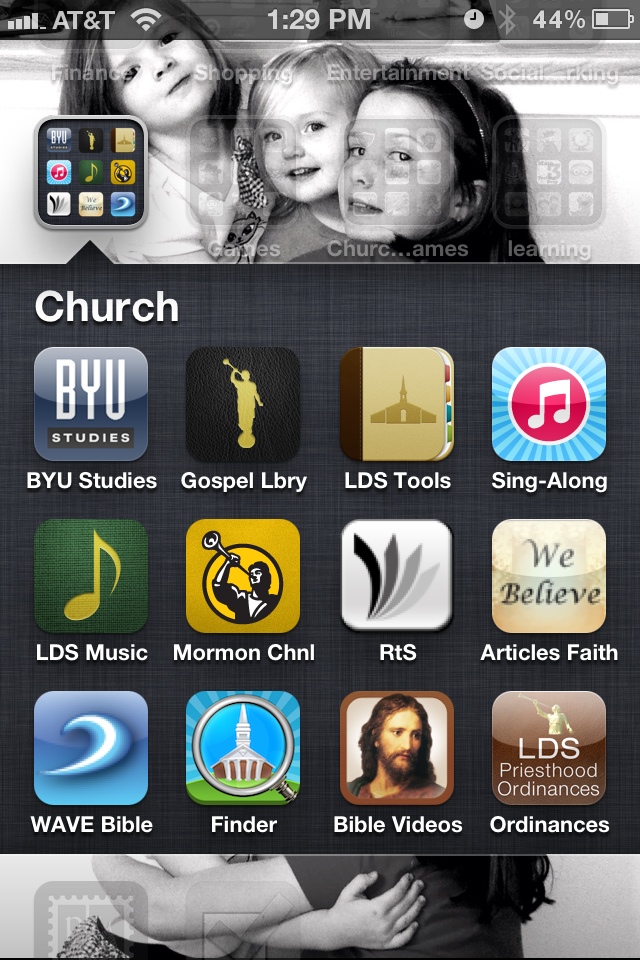Missionary age change back of the envelope Math.
Let’s say we have 52,000 missionaries right now. A little googling shows about 10,000 (18-20%) of those are sisters currently. A little missionary shows we average about 5 baptisms per missionary per year. With the new age limit drop on young women, there is an expected boost in the number of sisters serving. If the number of sisters jumps from 20% to 30% of the total, that,s an increase of 10,000 sisters, doubling the number of sisters in the field now. (Getting us back to the number of missionaries we had in the late 90s). That takes our convert numbers from 250,000 to 300,000 per year, at current rates. If sisters begin to go at the same rate as men, the missionary force jumps from 50,000 to 80,000 with baptisms jumping from 250,000 to 400,000. Of course this doesn’t include any sort of diminishing returns on the additive value of more missionaries, but it also doesn’t include any sort of boost for moving the men’s age to 18, and the men’s boost you get from all the girls doing it.
Who knows where it will land, but it is an exciting moment of potential, for this and so many other reasons. It will be fun to watch the next 10 years.




